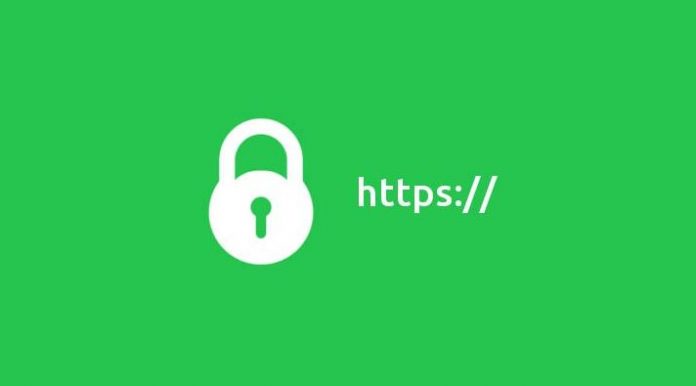If you have a website not secured with an SSL certificate, by now you might have seen that Google Chrome marks your site as ‘Not Secure’ in its address bar. You might also have guessed the possible impact of this Chrome label on your business.
But do you know that Google also ranks your website down in its results from those sites which are using HTTPS? If not, then now you know it – SSL Certificates, or HTTPS, depending on what you call it… are two of the most critical requirements right now if you want your site to be treated well by Google.

But why does Google do it? What is so unique in SSL certificates that Google is pushing them over webmasters? If you’ve also been thinking of these questions, the answer comes down to one thing: the security of internet users!
Here we’ll look at some of those security risks which are faced by an internet user whenever s/he visits a website over an insecure HTTP protocol. Let’s get started:
5 Reasons Why Google Forces Websites To Use SSL Certificates
#1. Theft Of Browsing History And Behaviour:
HTTPS protects the data and habits of your visitors from the always-prying eyes of governments and ISPs. It’s not necessary that your visitors may want the government or their ISP to know everything that they do on the web, including things that they do on your website.
In such a situation, it’s an SSL certificate that protects data passing from browser to server. In today’s environment, we see the increasing interest of government agencies in the data of their citizens, so it’s commendable that Google has tried to make life a little more difficult for them by forcing websites to use SSL thus, it will stop data sniffing.
Check also: A Guide to Understanding the Crucial Aspects of Big Data and Hadoop
#2. Theft Of Financial Information:
Credit and debit card data is unarguably the most sensitive type of user data that can be stolen from a website that is using HTTP. By doing a MITM attack or by posing as your web server hackers can easily steal any information that is being sent to you by your users.
And if that information is financial information, the results can be disastrous for your users. Due to this reason, the Payment Cards Industry (PCI) has also established its data security standards (DSS) that require your website to be using HTTPS before you can accept payments.
#3. Identity Theft:
By using HTTP, you also put your users at risk of identity theft. Common internet users are neither cybersecurity experts nor too sophisticated. They’re lazy and predictable, and as a result, they use one set of login credentials for multiple sites.
Research has revealed that as many as 52% of internet users reuse their passwords. So, there’s a good chance that the login credentials they’re using at your site may also be their credentials for some other sites.
If someone in a MITM attack steals those credentials – because you didn’t put your website on HTTPS – imagine what havoc the hacker may wreak on the lives of your users! Creating new accounts on illegal platforms, stealing tax account information, performing online transactions… the possibilities are endless.
#4. Blocking Of Information:
If a website is not on HTTPS, there also remains a risk of visitors not receiving complete data from it. Governments, ISPs, and even criminals can deliberately withhold parts of your web pages; therefore, your visitors may not receive the full information they should have received. SSL certificates prevent this thing too, as they encrypt all data being transmitted between you and your visitors.
That way they guarantee that all visitors of a website receive the same information, no matter in which part of the world they’re and which ISP they’re using.
Check also: 5 Key Reasons You Need to Migrate from HTTP to HTTPS
#5. Spam, Phishing, and Social Engineering:
Financial information and login credentials are not the only valuable pieces of information that a hacker can steal from the visitors of any website on HTTP. Simple pieces of information like mobile numbers and email addresses can also be valuable to a hacker, as they can be used to send spam emails with malicious links to your visitors.
Those links, if clicked, may target your visitors in various ways. From installing malware on their computers to making them log in on a fake webpage that looks like the page of your site but sends their login information somewhere else (phishing), there are several things hackers can do to target someone if they have their contact information. Social engineering is another way how hackers target people to hack their accounts merely by using their contact information.
Conclusion
So, these are some of the security risks faced by every internet user whenever he/she visits a website over the HTTP protocol. And since every website visitor is also a user of Google, the company wants to ensure the security of its users. That’s why it enforces the use of SSL on all websites. It’s for the good of everyone, so instead of taking it as an enforced requirement, you should take it as an obligation to ensure the security of your visitors. Get your website secured with an SSL certificate today if it’s not secured already. These reasons are the main factor why google forces websites to use SSL certificates. Stay tuned for more technology news.










































